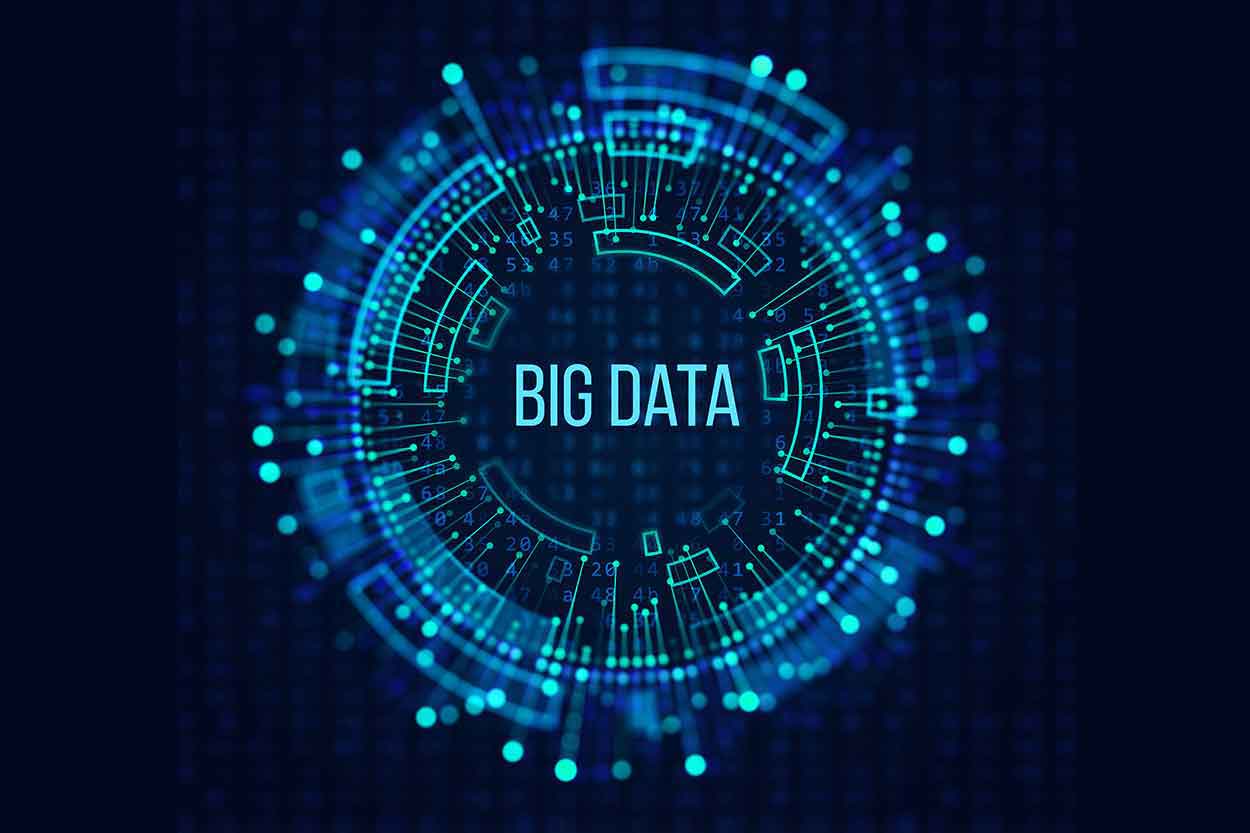9 Formidable Big Data Analytics Tools for 2019
Typically big data is reckoned by its size, but experts also give credit to information technologies that are assisting analysts in analyzing huge clusters of unstructured data to make sense of data trends, patterns, and anomalies. Big Data is a crucial asset for Business Intelligence (BI) for industries ranging from manufacturing to banking, professional services to entertainment, including the federal government. International Data Corporation (IDC) has forecast that global spending on big data technologies will reach $260 billion by 2022. So what technology tools are dominating the market in 2019? Below we discuss nine formidable big data analytics tools to help you amass data and reign industrial profit.
1. MongoDB
MongoDB is a flexible, principal NoSQL which is an open-source document database with cross-platform compatibility. It is popular among the users for its storage capacity and for the role it plays in MEAN software stack, .NET applications, the Java platform, and others. MongoDB stores document data in the binary form of JSON document instead of BSON type. Users also prefer MongoDB for its high scalability, obtainability, and presentation. Given the remarkability of its inbuilt structures, MongoDB is best suitable for driving decision-making and facilitating data-driven connections with its users. Its esteemed list of users includes Google, Facebook, KPMG, etc.
2. Kafka
Initially built at LinkedIn, Kafka is a distributed messaging system that is now a part of the Apache Software Foundation. It stores data in topics that are partitioned and replicated across various nodes. Kafka sticks systems like Spark, NiFi, and other third-party tools and facilitates efficient handling of large streams of data in real-time. It is also an open-source, horizontally scalable, and runs safely even in the event of any failure of its components. Kafka has enough reasons to have users like Uber, Spotify, Intuit, and others reaping huge benefits.
3. Ververica's Streaming Ledger
For Apache Flink users, Ververica Streaming Ledger (VSL) is a repository to process event streaming across multiple and shared states/tables with serializable ACID Semantics. With VSL, users can easily define a set of tables and connect streams of events that drive the transactions. It further helps users identify flexible transaction logic to process events and access/update various rows across tables. Instead of operating on a single key with a single operator at a time, the transactional function, at any given time, works on multiple keys across multiple tables. Users can share the same tables between various streams of events without arbitrating performance or consistency. Ververica is now an Alibaba property.
4. Cascading
Cascading helps users to create and execute data-workflows on Hadoop using any JVM language. This smart technology simplifies MapReduce jobs and is considered a better alternative. Insights rendered by Cascading have helped digital marketing, bioinformatics, machine learning, predictive analytics, and other ETL applications. Available under the Apache license, Cascading was a product of Concurrent now owned by Xplenty. Large enterprises such as Twitter, Expedia, and Capital One trust Cascading for the value it provides to their big data architecture.
5. Elastic Search
Elasticsearch (ES) is a document-oriented database that has been designed to store, retrieve, and manage structured or semi-structured data. It is a "distributed, multitenant-capable full-text search engine" useful in the optimization of analytics. ES uses an HTTP web interface and schema-free JSON objects which enables server query with various programming languages. With a foundation in Java, ES is compatible on any platform and runs real-time. It uses the concept of a gateway to creating backups and supports every document type with exception to those that do not render text. Users of ES include Cisco, eBay, Adobe, etc.
6. Tableau
Tableau is a powerful and fastest-growing data visualization tool used in exploring and analyzing big data for Business Intelligence. It simplifies raw data into easily understandable visualizations in the forms of dashboards and worksheets. From marketing to manufacturing, finance to aviation, large enterprises use Tableau to transform their data into meaningful insights. As a Business Intelligence tool, Tableau easily integrates with any database, including SQL Server, Mongo, Oracle, IBM DB2, Hadoop, etc. Users include AOL, Accenture, Amazon, etc.
7. Talend
Talend is a graphical wizard generator (Java, SQL, Spark) model-driven code optimized to run natively on all modern platforms and latest technologies. It is useful for master data management, automation of big data integration, and auditing of data quality. Much like Cascading, Talend big data platform simplifies MapReduce jobs, simplifies ETL & ELT, and provides quality data with machine learning and natural language processing. It follows collaborative data governance. Talend's prestigious user list includes Air France-KLM, Aldo, GE Healthcare, etc.
8. Azure Databricks
Azure Databricks is an Apache Spark-based analytics platform that uses artificial intelligence to drill Big Data for meaningful insights fortifying Business Intelligence. Azure Databricks allows users to build an optimum Apache Spark environment in no time. The kind of interactive workspace it has enables data scientists and data engineers to collaborate using various programming languages. Azure Databricks can integrate with several databases for ETL or ELT process. If deployed on-premise, it allows users to read data from the Hadoop Distributed File System (HDFS). Reputed users include Nielsen, ZEISS Group, Sirca, etc.
9. IBM SPSS Modeler
IBM's SPSS Modeler is a data mining, text-mining, and predictive analytics platform using predictive models to deliver to individuals, groups, systems, and enterprises. Its range of advanced algorithms and analysis techniques includes the discovery of insights from vast pools of structured and unstructured data. It helps in selecting the best performing algorithm based on model performance. User can access all its predictive capabilities, IBM SPSS Statistics' data transformation, hypothesis testing, and reporting from a single interface. IBM SPSS Modeler easily integrates with IBM Cognos 8 Business Intelligence software and a host of other databases, spreadsheets, and flat files. With an intuitive learning interface, IBM SPSS Modeler can be deployed on-premises, cloud, or both. New York State Government, Morgan Stanley, AbbVie Inc., and Navy Federal Credit Union are some of the reputed users.



